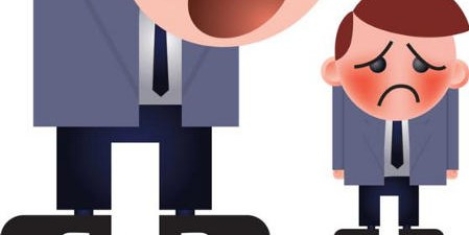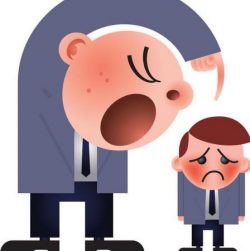To provide the best experiences, we use technologies like cookies to store and/or access device information. Consenting to these technologies will allow us to process data such as browsing behaviour or unique IDs on this site. Not consenting or withdrawing consent, may adversely affect certain features and functions.
The technical storage or access is strictly necessary for the legitimate purpose of enabling the use of a specific service explicitly requested by the subscriber or user, or for the sole purpose of carrying out the transmission of a communication over an electronic communications network.
The technical storage or access is necessary for the legitimate purpose of storing preferences that are not requested by the subscriber or user.
The technical storage or access that is used exclusively for statistical purposes.
The technical storage or access that is used exclusively for anonymous statistical purposes. Without a subpoena, voluntary compliance on the part of your Internet Service Provider, or additional records from a third party, information stored or retrieved for this purpose alone cannot usually be used to identify you.
The technical storage or access is required to create user profiles to send advertising, or to track the user on a website or across several websites for similar marketing purposes.
 This week is Clerkenwell Design Week amongst other things, and as part of it I chaired a discussion on Tuesday about acoustics at work in the showroom of Flokk and their effect on wellbeing. We were fortunate to have a panel that involved the likes of Nigel Oseland, Michelle Wilkie of tp bennett, Joachim Schubert of Offecct and Lee Jones of Wellworking as well as an informed audience, if for no other reason than everybody’s ability to talk about the subject as complex and multi-faceted and, to some extent, hardwired. (more…)
This week is Clerkenwell Design Week amongst other things, and as part of it I chaired a discussion on Tuesday about acoustics at work in the showroom of Flokk and their effect on wellbeing. We were fortunate to have a panel that involved the likes of Nigel Oseland, Michelle Wilkie of tp bennett, Joachim Schubert of Offecct and Lee Jones of Wellworking as well as an informed audience, if for no other reason than everybody’s ability to talk about the subject as complex and multi-faceted and, to some extent, hardwired. (more…)






 Today, the
Today, the 


 To mark the launch of its new guide, Meetings Matter,
To mark the launch of its new guide, Meetings Matter, 
 Nearly three quarter (70 percent) of employment law experts have seen an increase in women claiming they were fired when on maternity leave; the use of ‘gagging orders’ following pregnancy and maternity related disputes and an increase in men claiming harassment by their employer for taking paternity leave.
Nearly three quarter (70 percent) of employment law experts have seen an increase in women claiming they were fired when on maternity leave; the use of ‘gagging orders’ following pregnancy and maternity related disputes and an increase in men claiming harassment by their employer for taking paternity leave.



















May 20, 2019
Adversity and chaos can help to foster creativity 0
by Paul Goodchild • Comment, Workplace design
(more…)